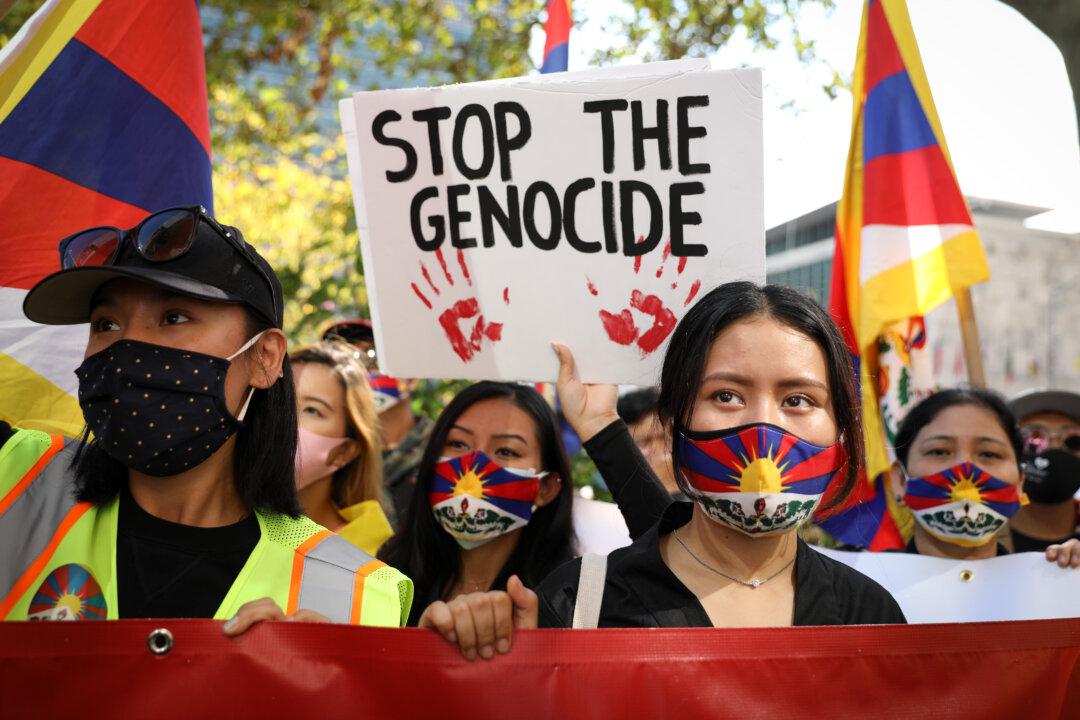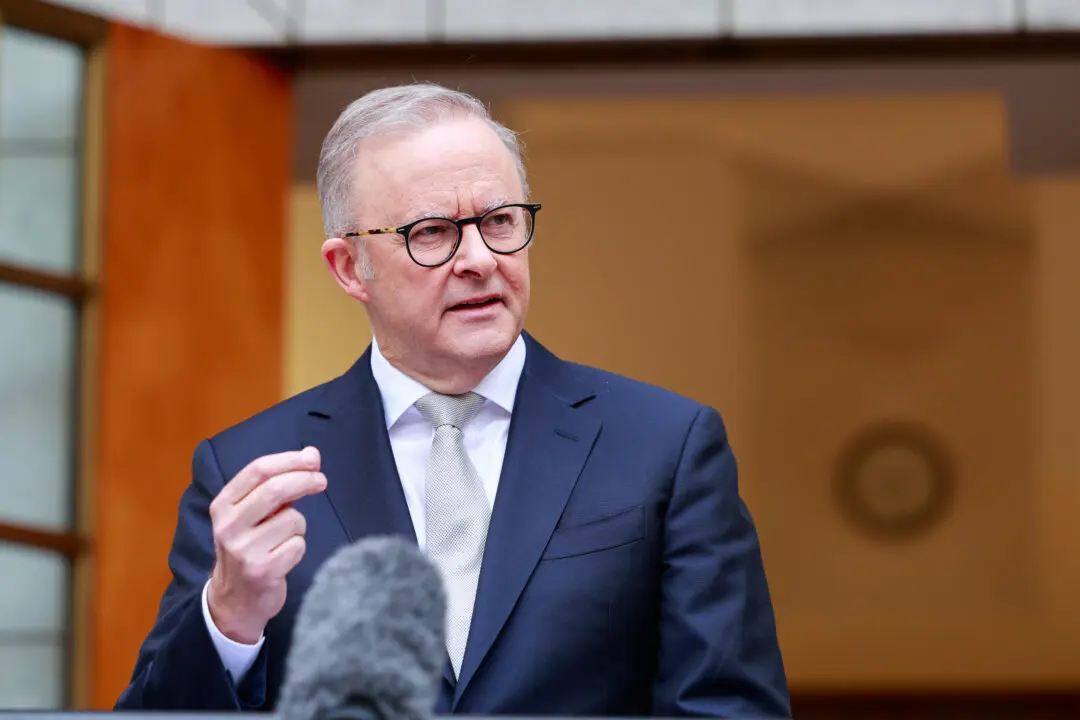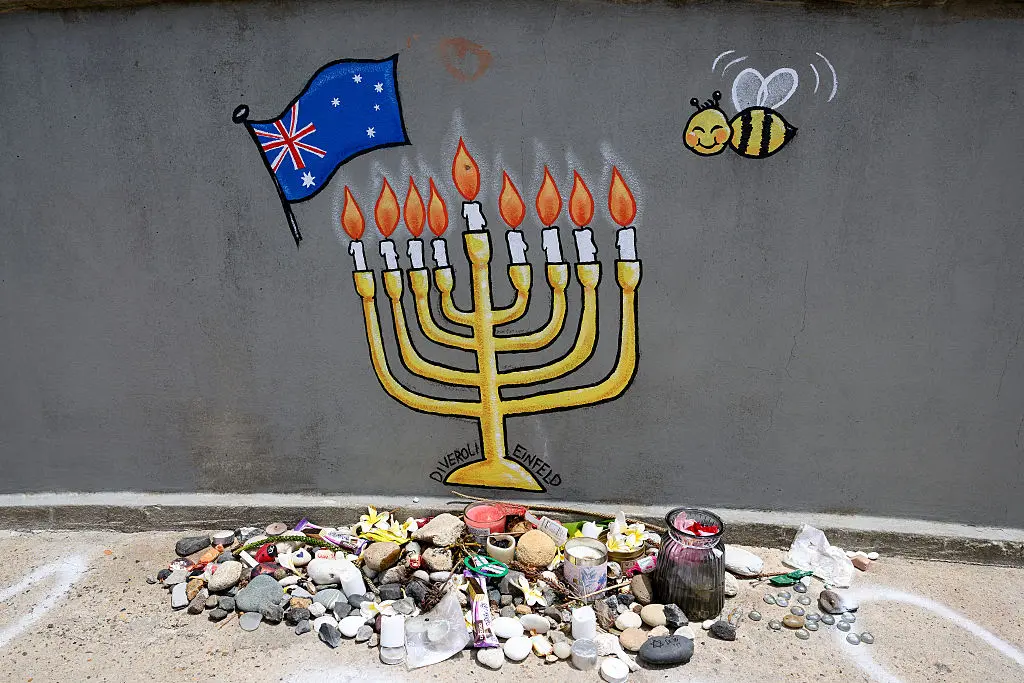Australia is one step closer to enacting Magnitsky-style legislation that will target serious human rights abusers and perpetrators of corruption.
A joint standing committee tabled the final report on Monday, concluding a year-long inquiry that heard submissions from over 160 individuals and organisations from around the world, including notable human rights campaigners Amal Clooney, Geoffrey Robertson QC, and former chess champion Garry Kasparov.
The committee head said the laws would align Australia with a global movement seeking to limit human rights violators and corrupt individuals from “enjoying the proceeds of their abuses.”
“These recommendations would see Australia strengthen our commitment to protecting the human rights of people around the world,” Kevin Andrews, chair of the Joint Standing Committee on Foreign Affairs, Defence and Trade said in a statement.
Sanctions would include banning human rights abusers from entering Australia and grant the power to seize assets.
“We cannot control whether perpetrators are brought to justice within their home country, but targeted sanctions legislation will make Australian beaches, schools, medical care and financial institutions off-limits to people who have profited from unconscionable conduct,” Andrews said.
“A targeted sanctions regime for serious human rights abuse and corruption will close the gap of opportunity for perpetrators and stop Australia becoming a safe haven for these people,” he added.
Senator David Fawcett said Australia could become a leader in addressing human rights abuse and corruption.
“Cooperation with like-minded nations on this matter has the potential to protect the human rights of countless citizens around the world,” Fawcett said.
“Australia is an attractive destination for investment and lifestyle, and we have the opportunity to reduce incentives for corrupt and unscrupulous human rights abusers,” he said.
Michael Shoebridge of the Australian Strategic Policy Institute said a Magnitsky Act would send a “powerful message” to human rights violators that they cannot “hide behind their governments.”
“Chinese officials implementing Beijing’s repressive National Security Law in Hong Kong, and its mass scale abuses in Xinjiang are prominent examples, and cases where not only is Beijing failing to prevent the abuses, but it is also directing them as explicit policy,” he told The Epoch Times.





